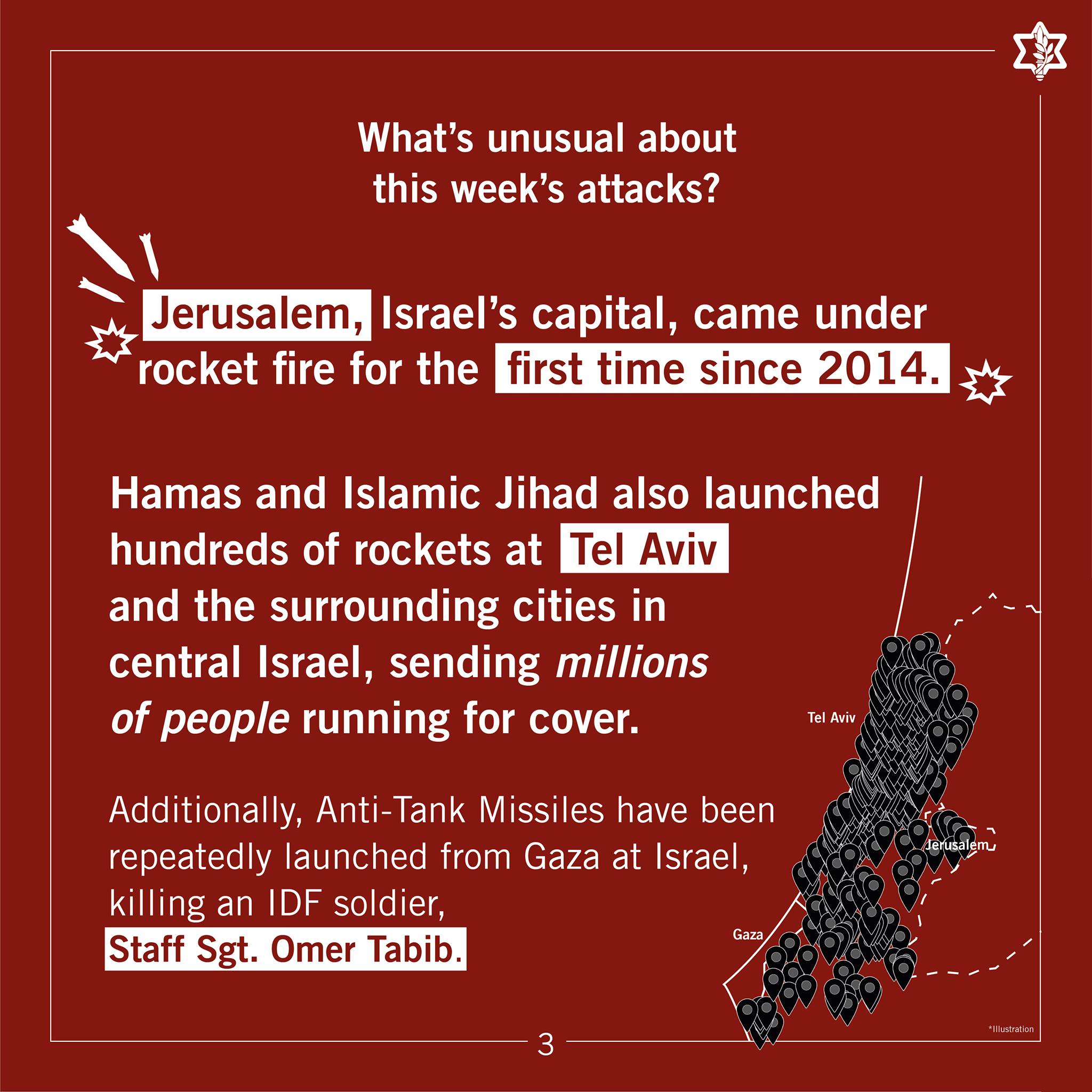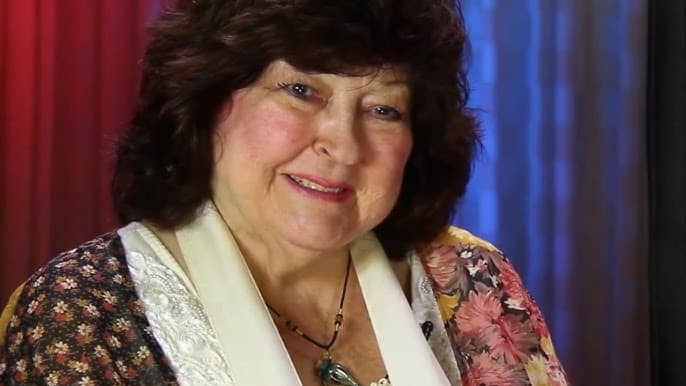
To be honest, my first significant, personal connection with the land of Israel did not come in Jerusalem, but in Caesarea. That was in May 2015, when I stood in the Hippodrome, a place where Rome’s dominance of the Holy Land was on full display in the form of chariot races, gladiatorial contests, and other spectacles. As I surveyed the excavated remains of this ancient arena, my mind wasn’t on the spectacles, but on the significance of the city of Caesarea to me, a Christian born in the nations. At that moment, I realized my connection to the Living God of Israel can be traced directly to that ancient city, the Roman capitol of Judea. It was there that the centurion Cornelius received the testimony of Peter the apostle and became the first Gentile follower of Jesus Christ (Acts 10). There Paul was imprisoned before he was taken to Rome to stand trial before Caesar, having opportunity to testify before two governors and a king (Acts 23:12-27:2). There also the last Herod died, vainly receiving the praise of the people shortly after he authorized the execution of James, brother of John, and the persecution of the Jerusalem Messianic community (Acts 12). The realization of all these things at once not only made the city come alive, but established within me an enduring bond with the land God cares for (Deuteronomy 11:10-12).
But Caesarea is not the Holy City. It was once the center of power in Israel – the regional center of a foreign occupying power, a beastly conqueror that prefigured the final occupying power destined to enslave all the world for a season. There is historical and spiritual significance to Caesarea, and the spiritually astute can sense it. However, it is not the place of God’s throne. That is in Jerusalem – in Zion, the Mountain of the Lord (Micah 4:1-5). There that God revealed Himself to Abraham, confirming the covenant when the Patriarch obeyed even to the point of offering his promised son and heir Isaac to the Lord in faithful, expectant obedience (Genesis 22). There the Lord established His Name, promising to David, the king He had chosen, that the Redeemer of Israel and the world would come through his line (2 Samuel 7:8-17; 2 Chronicles 6:5-6). Jews and Christians alike know this, and both expectantly await Messiah’s coming to Jerusalem to sit on David’s throne and rule the nations in an era of true peace (Zechariah 14:1-9).
These things I have known for a long time. Long before my first visit to the Holy City, I learned and believed these truths born of the Almighty’s firm promises. Yet until now they have flitted through my consciousness as background noise to the constant churning of an inquisitive mind. The sights, sounds, smells, and tastes of Jerusalem added substance to the impressions and images of my book learning. The beautiful people I have encountered there – Jews, Christians, Muslims, and others – bring the city to life and establish for me a connection with antiquity. Jerusalem has always been the place where nations rub shoulders, where holy intersects with common, and where heaven meets earth. How could it be otherwise? It is the center of the world, and has been ever since, according to one Jewish tradition, the Creator formed the first human from its soil. Why? The Midrash says:
He took his dust from that spot on which the Holy Temple with the altar of atonement was in later times to be built of which it is said, (Exodus 20:24) “An altar of earth thou shalt make for Me” saying, “Would that this sacred earth may be an expiation for him so that he may be able to endure.” (Genesis Rabbah 14:8)

As I write, Jerusalem is once again a battle ground. The long, complicated series of events that has led to the restoration of the Holy City to Israel, with the exception of the holiest place of all, is in this very moment enduring a new season of turmoil. Jerusalem, and especially the Har Habayit – the Temple Mount – really is the center of the world. It is the place of mankind’s creation, atonement, redemption, and final restoration. Why should we be surprised that empires and peoples have wrestled over it since time immemorial? That is why Arabs and Jews, Muslims and Christians cannot let the status quo continue. Jerusalem is the crucible in which God holds the fate of the world. Those who strive to wrest it from His hands suffer mightily in the attempt. He alone determines who shall be its custodian, and scripture tells me He has designated the seed of Abraham as the stewards of His Holy City. Until it is firmly and irrevocably in their hands, then the world shall remain in endless turmoil.
Hence the reason we pray for the peace of Jerusalem.
May it come soon, and in our day.
This article was written and originally published for the Nations 9th of Av on May 13, 2021.








